Buying a new or used car can be a frustrating and stressful experience.
Are you going to be able to afford the repayments? Will you be given the right financing to make the purchase of your dreams? And when you have your car, is it going to be mechanically sound? There is also the less than stellar reputation that car dealers have, right? What about all that paperwork that you are going to have to work through?
The great news is, if you are patient, shop around and are prepared to do your homework, you can find a car that won’t break the bank and offer you many miles of reliable motoring. Especially if you take the time to work through these tips that car dealers just don’t want you to know when it comes to buying a car.
1. Beat them at their own game by preparing properly

There is no excuse to not do some prior research before going into a car dealership and starting negotiations. There is enough information now available online for you to find a ballpark figure that car models go for.
This can be based on their age, mileage and other factors. If you are armed with some of this information, you can immediately see if a car dealer is trying to pull the wool over your eyes when it comes to the value of a certain model.
2. If you can, buy privately and pay with cash

Not so much a dealership trick but if you are shopping for a low-priced model, you may actually be better off looking for a private purchase and paying cash for it.
Most people who sell privately are looking to get the amount their car is worth, with no major markups like a car dealership would add. For example, if you are buying a first car for your sixteen-year-old, this is one of the best ways to approach it.
3. Dealers aim to make you tired and then press you into a decision

Given half-a-chance, car dealers will try to make you tired, not only physically but emotionally as well. They do this by showing you just about every car they can, getting you to go for test rides and then quoting figures and more figures.
This is done in the hope that you will eventually give in and agree to buy something, usually at a higher price than it is really worth. And then they hit you with extras and add-ons that you probably don’t want.
Keep your wits about you and don’t jump into any decisions without sleeping on them.
4. Always give the vehicle a final look over before you drive off

Before you drive off the lot, remember to give your purchase a final once-over inspection. Park it in the sunlight and look carefully for dents that you might have missed. Open the hood and check all the fluid levels. And don’t forget to check the trunk to make sure the car has a decent spare wheel as well as all the tools you need to change it if you have a flat tire.
Car dealerships love leaving horrible, worn spare tires or sometimes no spare tire at all. If you find anything you don’t like, make sure that you have an agreement with the dealership that these complaints will be sorted out before you drive away.
5. Secure your own financing if possible

Before you buy a car, look into the possibility of securing your own financing. Often, in-house finance departments at car dealers have just one rate which is always in their favor. By shopping around, the chances of finding financing that beats them are pretty high.
Plus, you will probably secure terms and interest rates that are far better in the long run.
6. Always read the contract fine print

While we all think we know what we paying for when it comes to car finance, it’s important to always take your time and read any deal fully before you sign it.
Why? Well, car dealers like to include clauses in the fine print that might come back to haunt you later on. For example, always find out what the service terms are on your deal (if any) and who has to pay for what when the vehicle is serviced.
Also, check whether any add-ons form part of the contract that may not have been approved by you. For example, a security system that adds more to your overall price.
7. Know the value of your trade-in
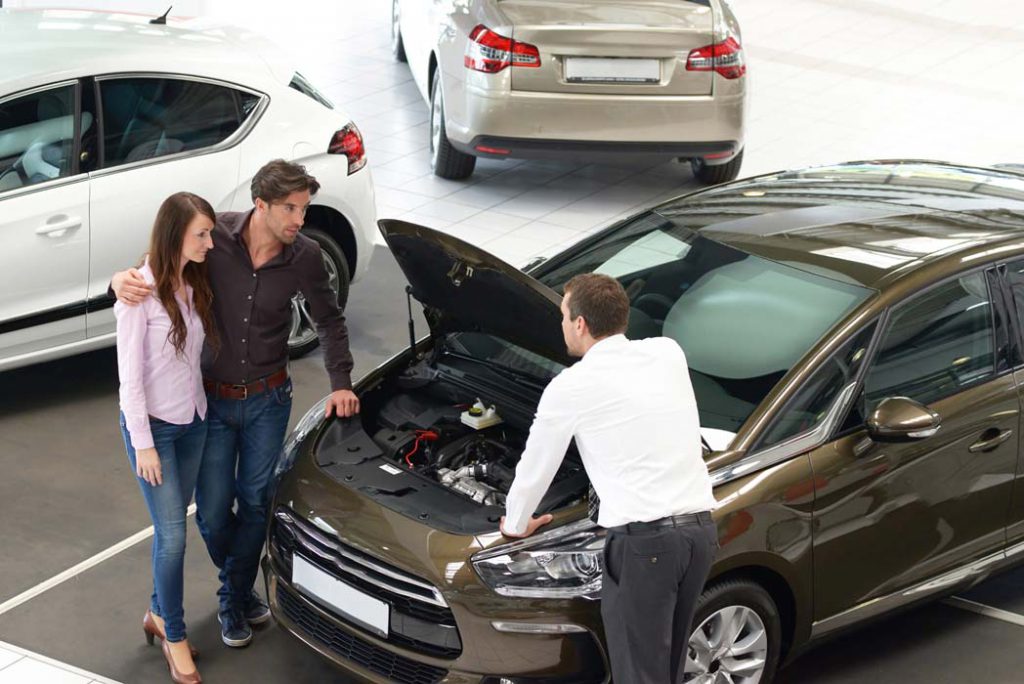
If your old vehicle forms part of the deal in the form of a trade-in, make sure you know its value as well. Car dealers will ask you a boatload of questions about the vehicle, its service history, extras that it might have – like a sunroof, for instance – and more.
While some of these will affect the overall value that they offer you, if you have done your research beforehand, you will have an estimate as to what your old car is worth and be able to call them out when they offer you a stupid figure for it.
8. Walk away if you have to

Always remember that you are in control of any sale, not the salesperson. If you are not happy with something and they don’t make an effort to look at your concerns, simply walk away.
This can relate to concerns with the vehicle you want to buy, be it mechanically or its value or the price they want to give for your trade-in. Simply move on and look elsewhere, even if you really wanted a model they had. Let your head rule, not your heart.
9. Check your bank’s loyalty program for better financing

Every bank these days has some kind of loyalty program. Some of them may even offer lower car financing rates for their most loyal customers. When choosing who is going to finance your car, it is best to start with your bank to see their rates which you can then compare against other financial institutions as well as the car dealership.
You could even play off one against the other for the best rates possible.
10. Shop smart using a manufacturer’s website

If you already know the make and model of the car you want to buy, it’s time to shop smart. To do this, go to the manufacturer’s website, select the car you want, the specific model as well as the color and request quotes.
You will then receive quotes from dealers in and around where you live which and because they are competing for a sale, these quotes are never the same. That way, you can take a look at the vehicle that comes in at the cheapest price.
11. Even if you have money for a down payment, don’t mention it too early
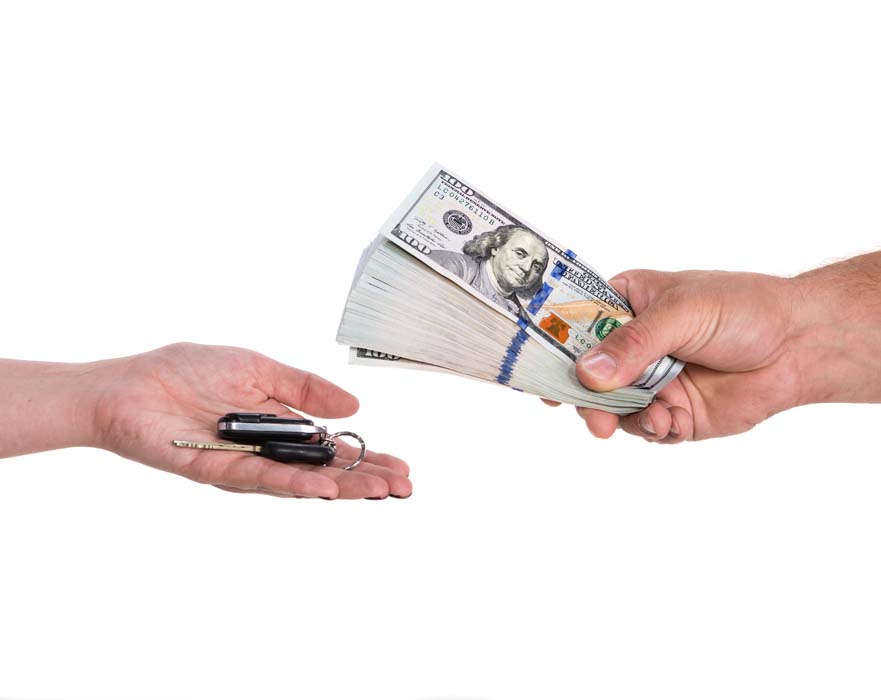
If you don’t have another vehicle as a trade-in, you might have some cash to offer as a down payment on the vehicle you want to purchase. Do not mention this to the car salesman, even if pushed. Why? Well, a down payment will offset the monthly amount you would have to pay on the car once financing has been sorted out.
And often, unscrupulous car dealerships will adjust the price of the vehicle upwards if they know you have a down payment. So before you mention anything, see what the dealership prices the vehicle at and then tell them you do have a down payment that you would like to use.
12. Don’t get confused by the four square negotiation technique

Car dealers use something called the four square negotiation sheet to confuse potential car buyers. They will often sit you down and draw up a sheet that compares the overall cost of the car, the monthly payments you will make, your trade-in value and a down payment value.
In a nutshell, this is just a technique to confuse you with lots of numbers. These numbers on the sheet are as high (in the case of the car price) and as low (in the case of the trade-in) as possible.
13. You drive the negotiations!

If you like a car and are pretty close to what the dealership want for it, make an offer and see what happens. Often, if the car can be sold at your offer price, the salesman will go and negotiate with their boss. If they return and don’t accept your offer, tell them you will look elsewhere.
If they really want the sale and they believe your original offer is fair, they will probably change their minds and go with what you offered on the vehicle.
14. Be secretive if you have to

Buying a car is often a decision that you take with your partner. And that means you might need to discuss between yourselves if you can afford what the car dealership is offering. Do this away from the car salesman.
Sometimes, when these discussions take place, the salesman will eavesdrop on what you are saying, getting valuable information that he can use in the negotiations, like the absolute most you are prepared to pay for a vehicle.
To make sure you get the best deal, don’t let them be privy to information like that!
15. You don’t need after-sale extras
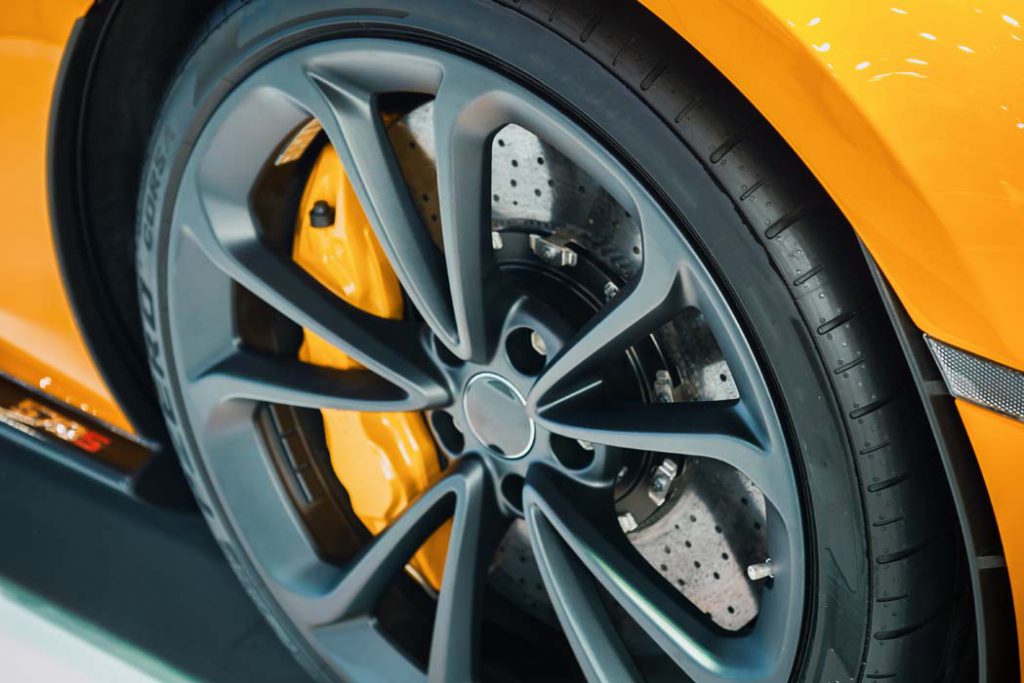
Once you have made a decision to buy a car and negotiated a price with the dealership, they might offer you optional extras that will only push up the price.
While it’s tempting to add some nice rims to your car for “only an extra $200,” these things all add up. You like the car without them, right? There is no need for them now.
16. Research your own extended warranty
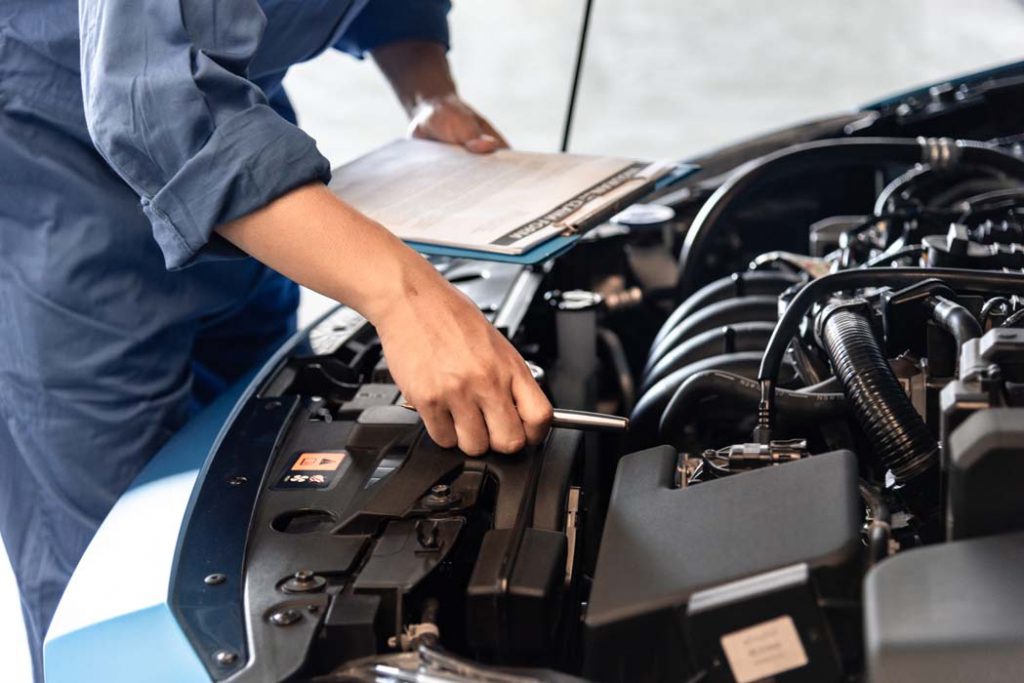
Without a doubt, you should consider an extended warranty for your vehicle. That gives you the peace of mind that if something goes mechanically wrong, you are covered to have it fixed by the manufacturer. And while an extended warranty is offered by the car dealership for an extra cost, you should first shop around before accepting it.
The chances are that you will find a similar mechanical warranty at a cheaper price elsewhere.
17. Be careful of damaged vehicles that seem like a bargain
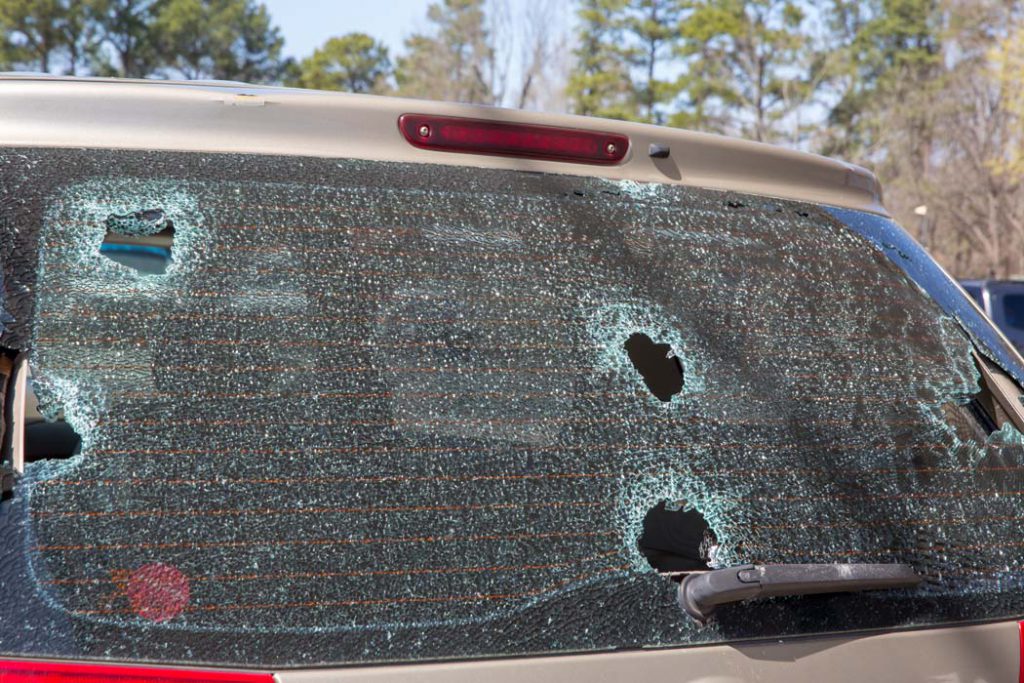
Car dealerships often sell damaged vehicles at what seems to be a bargain price. These can include those that might have been caught up in a flood or damaged by hail. While the mechanically minded amongst us might think these are great vehicles to purchase and fix up, they really aren’t worth the effort.
Also, if the vehicle was damaged while the car was on the lot, they have already received a payment from their insurance for the damages. They are just making some extra money off you when you buy the car from them.
18. You have one-month to cancel any extras you might have agreed to
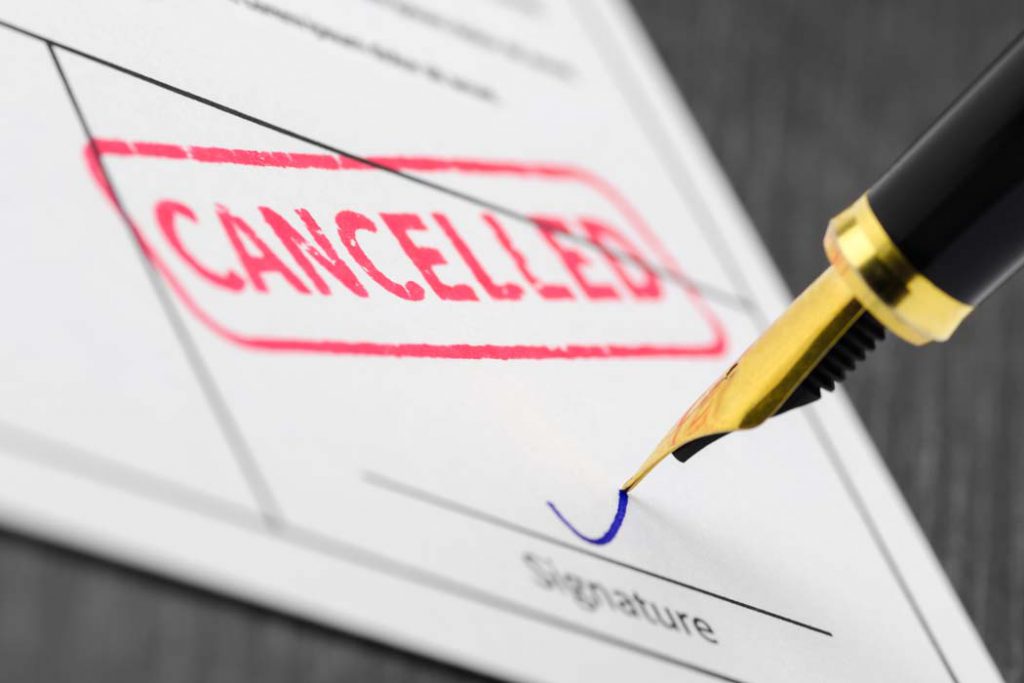
It’s important to remember that despite the fact that you might have agreed to some optional extras for your vehicle and now suffer from buyer’s remorse, you generally have one-month to cancel these. This includes all service plans, tire warranties or other maintenance plans. Sometimes we get pushed into accepting these in the negotiation phase when car salespeople build them up as must-haves. But it’s nice to know that once you have thought about it, you usually have the capacity to cancel them.
19. Don’t be forced into GAP finance through the dealership
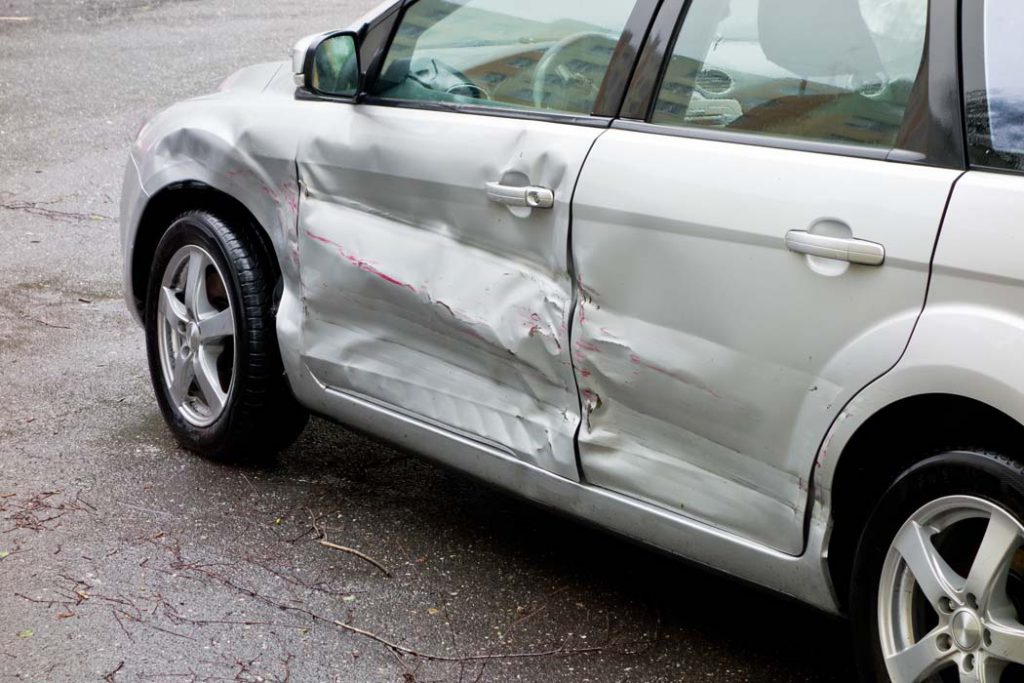
While Guaranteed Asset Protection (GAP) insurance is a good thing to have, you don’t have to feel obliged to take it from the car dealership when you buy your car. Rather shop around for the best deal when it comes to GAP cover and give yourself peace of mind in the fact that if your car is written off in an accident or stolen, the outstanding amount left on the financing will be paid up and not become a liability to you.
It’s easy to just take this sort of cover through the dealership as it is convenient. You can get far better deals if you just put in the hard work, however.
20. If you going to pay cash, don’t mention it
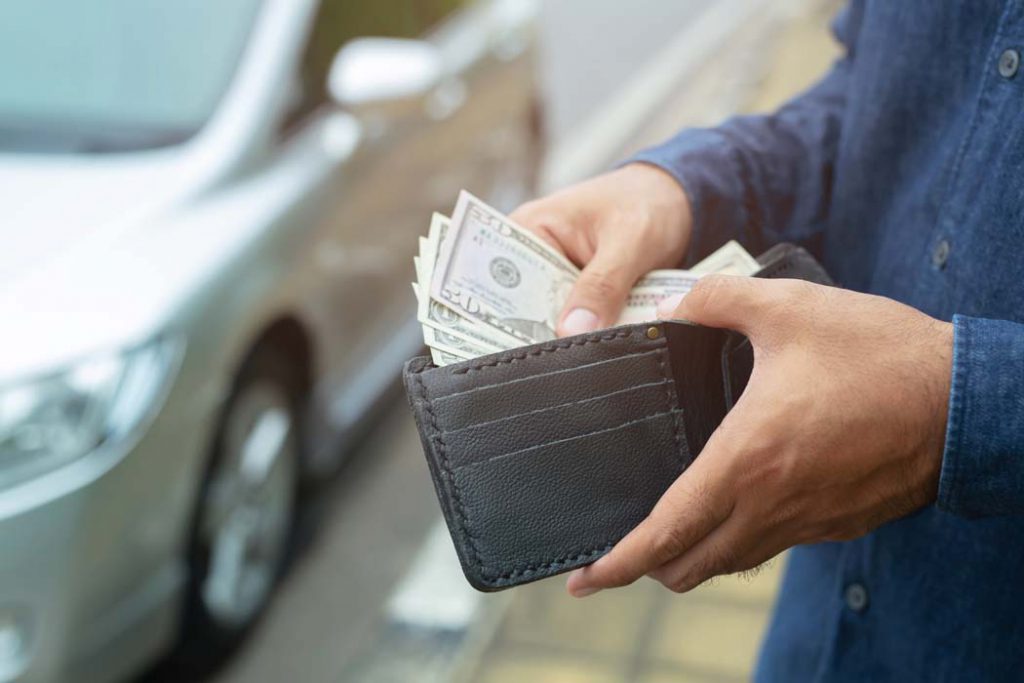
If you are able to pay cash for your next car, make sure you don’t mention that to the car dealership. Instead, work your way through the negotiation process, eventually ending at a price that both you and the dealer are happy with.
And then tell them that you will be paying cash for the deal. Why? Well, many car dealerships score most of their profit through the financing aspect, especially if you finance the car through their own structures.
By paying cash, you get the car at a good value without the extras added in by financing. It’s a win-win!
21. Don’t get forced into believing the dealers time is more valuable than yours

Car salespeople always like to give the impression that they are pushed for time and that they have plenty of other interested parties lined up for a car that you have your eye on.
They do this to force you into a decision as to whether you will take a vehicle or not, often to your detriment in terms of the financing terms agreed. Even if someone else is interested and they do indeed sell the car to that person, it’s not the end of the world. There’s probably a better deal out there and just maybe, you dodged a bullet.
22. Less popular = cheaper

While we all want to drive the latest and greatest cars and the most popular ones on the road, sometimes it’s financially prudent to opt for those that are not as popular.
You see, these sit in car dealership showrooms taking up space. And when a car doesn’t move off the showroom floor, it starts to cost a car dealership money. Dealers will certainly be more open to negotiations on a less popular vehicle if they want to move it off the showroom floor as quickly as possible.
Use that to your advantage and find a reliable, cheap car. It may not be flashy but as long as it gets the job done and doesn’t break the bank, who cares!
23. Contact multiple dealerships at the same time

When trying to find the perfect deal on a car, use this strategy. Write down what you are looking for in an email and send it to all the used car dealerships in your area.
That way, they all know they are in competition and will try their utmost to secure a sale. Make sure that you have done your research beforehand and include all details regarding the cost of the vehicles as well as when it is you would like to make the purchase by.
Request quotes and see what kind of offers you get back and then go from there.


